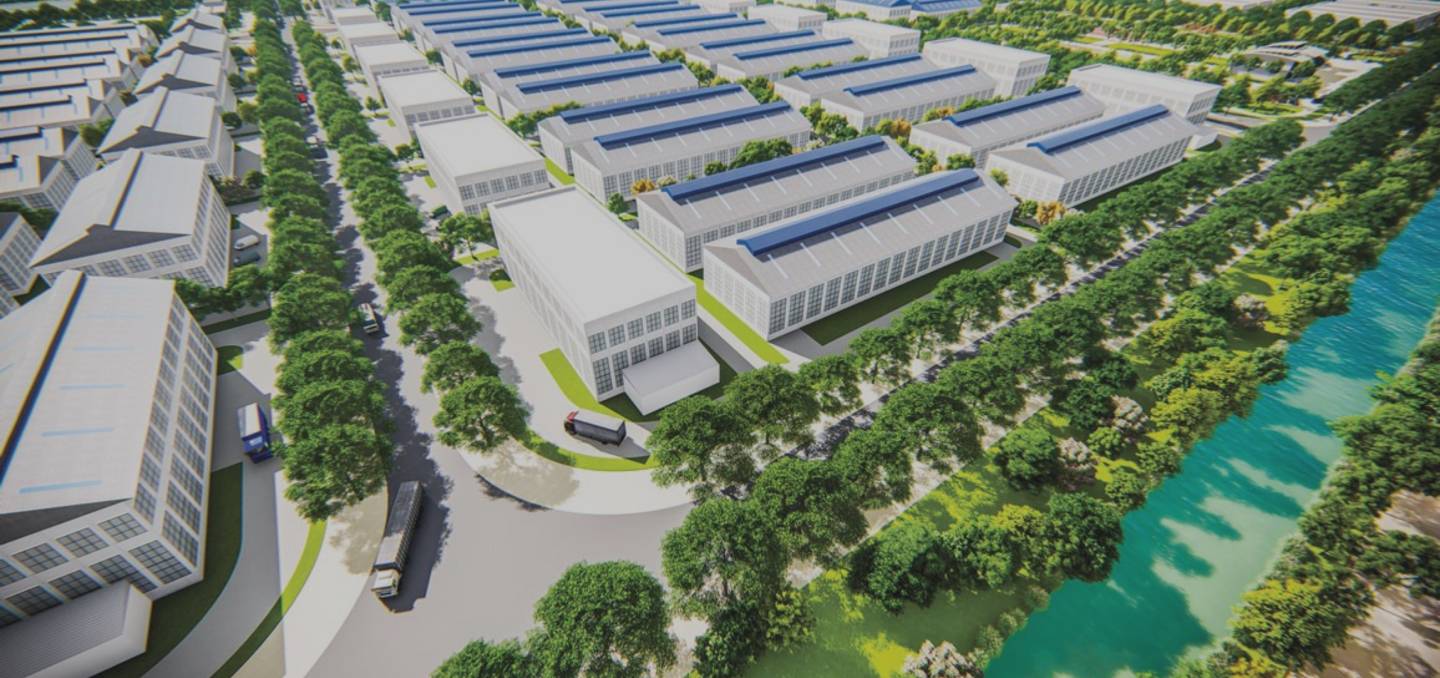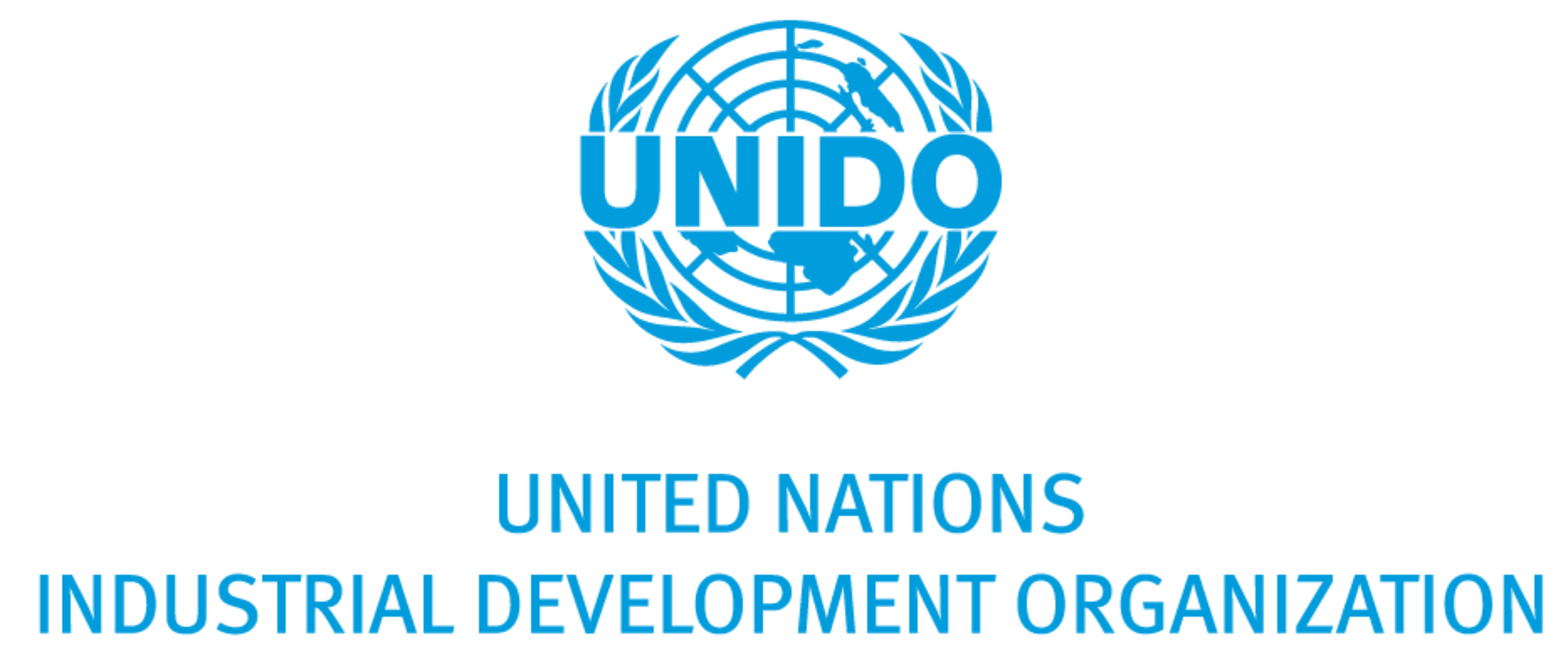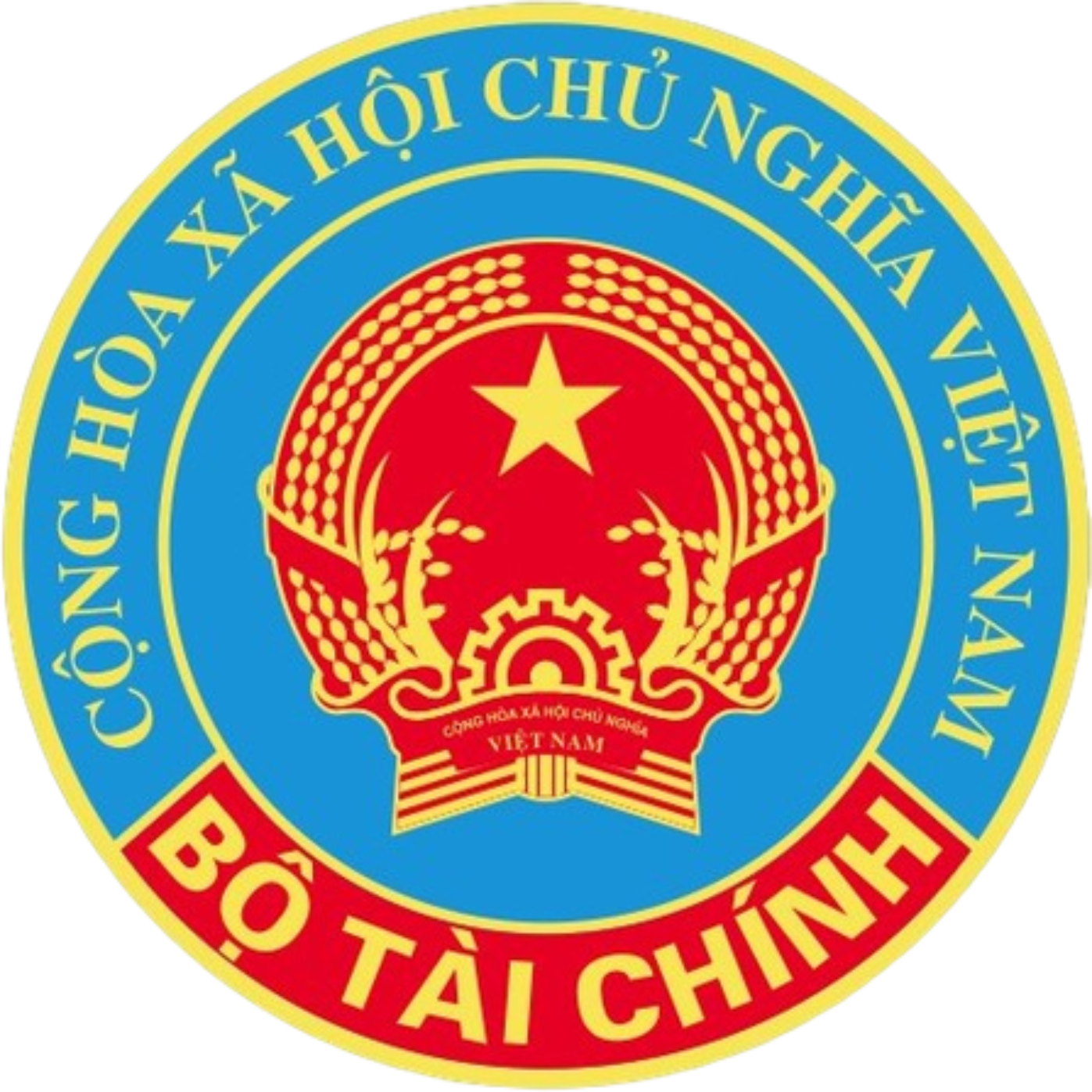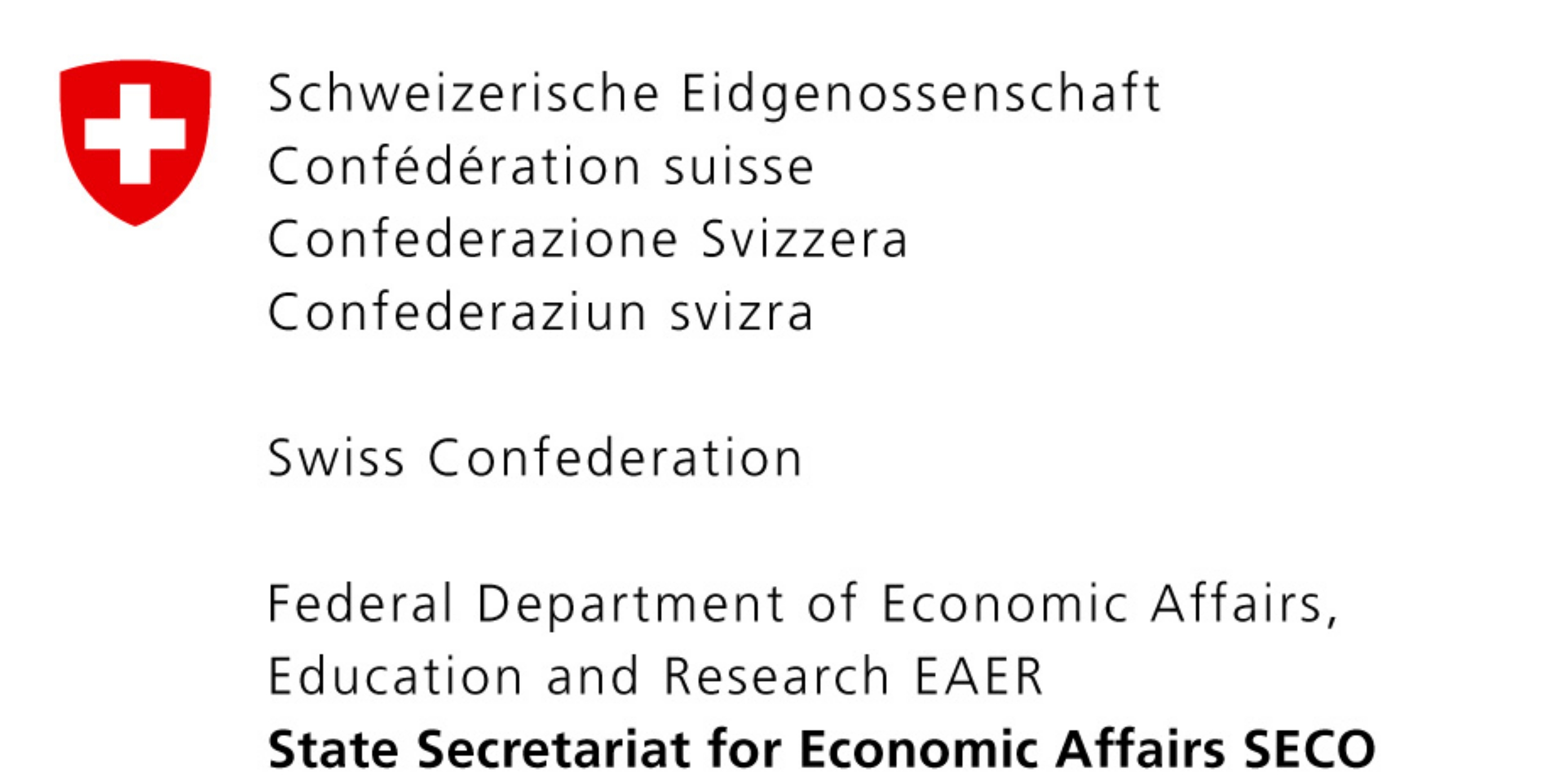Project Introduction
Viet Nam has around 400 industrial zones, out of which nearly 300 are operating. Industrial parks and economic zones are important attractors of foreign investments, accounting for around one-third of total foreign investments.
Industrial parks in Vietnam contribute to half of the total export turnover and created over 4 million jobs.
However, industrial parks can have also negative impacts, which need to be managed: in order to achieve sustainable industrial development goals and in line with the SDGs, it is necessary to transform industrial zones into eco-industrial parks.
The Government Decree No. 35/2022/ND-CP dated 28 May 2022 stipulates in detail a number of industrial park development models, including the eco-industrial park model, with policies and incentives to encourage their development.
The project “Eco-industrial parks intervention in Viet Nam - Perspective from the Global Eco-Industrial Park Programme" funded by the Swiss State Secretariat for Economic Affairs (SECO) and implemented by the United Nations Industrial Development Organization (UNIDO) in cooperation with the Ministry of Planning and Investment (MPI) will support the development of policy documents for the implementation of the eco-industrial park model in the country and, at the same time, will continue to promote and demonstrate the implementation of eco-industrial park solutions in selected localities.

Approaches:
- Multi-level interventions: The project will target EIP development at three levels:
 Policy and legal framework development for national, regional and local governments;
Policy and legal framework development for national, regional and local governments; Capacity building for stakeholders involved in eco-IZ development: Central ministries, relevant local agencies, agencies supporting the implementation of eco-IZs, industrial park infrastructure development enterprises and enterprises secondary industries in industrial zones;
Capacity building for stakeholders involved in eco-IZ development: Central ministries, relevant local agencies, agencies supporting the implementation of eco-IZs, industrial park infrastructure development enterprises and enterprises secondary industries in industrial zones; Technical support to deploy solutions to build eco-industrial parks.
Technical support to deploy solutions to build eco-industrial parks.
- Integrated approach: The project inherits the results of the project "Implementation of the eco-industrial park initiative towards a sustainable industrial park model in Vietnam" implemented by the Ministry of Planning and Investment in collaboration with UNIDO from 2014 to 2019 and guidelines for implementing eco-industrial parks of UNIDO, World Bank and other international organizations.
Piloting industrial zones to deploy eco-industrial parks: Dinh Vu Industrial Park (Deep C - Hai Phong City), Hoa Khanh Industrial Park (Da Nang), Tra Noc Industrial Park 1&2 (Can Tho), Amata Industrial Park (Dong Nai), and Hiep Phuoc Industrial Park (Ho Chi Minh City)
Impact
 Completing mechanisms and policies to support the development and recognition of the eco-industrial park model
Completing mechanisms and policies to support the development and recognition of the eco-industrial park model Improve resource efficiency through reduced use of raw materials, water and energy;
Improve resource efficiency through reduced use of raw materials, water and energy; Reducing air pollution through reducing greenhouse gas emissions, POPs and the use of harmful chemicals;
Reducing air pollution through reducing greenhouse gas emissions, POPs and the use of harmful chemicals; Reducing waste through promoting cleaner production and the 3Rs (Reduce, Reuse and Recycle);
Reducing waste through promoting cleaner production and the 3Rs (Reduce, Reuse and Recycle); Increase productivity;
Increase productivity; Improve competitiveness;
Improve competitiveness; Increase market access and increase the added value of goods and products in the direction of being environmentally friendly;
Increase market access and increase the added value of goods and products in the direction of being environmentally friendly; Capacity building and awareness raising for the Management Board of IZs and businesses about the requirements of the Eco-Industrial Park.
Capacity building and awareness raising for the Management Board of IZs and businesses about the requirements of the Eco-Industrial Park.




